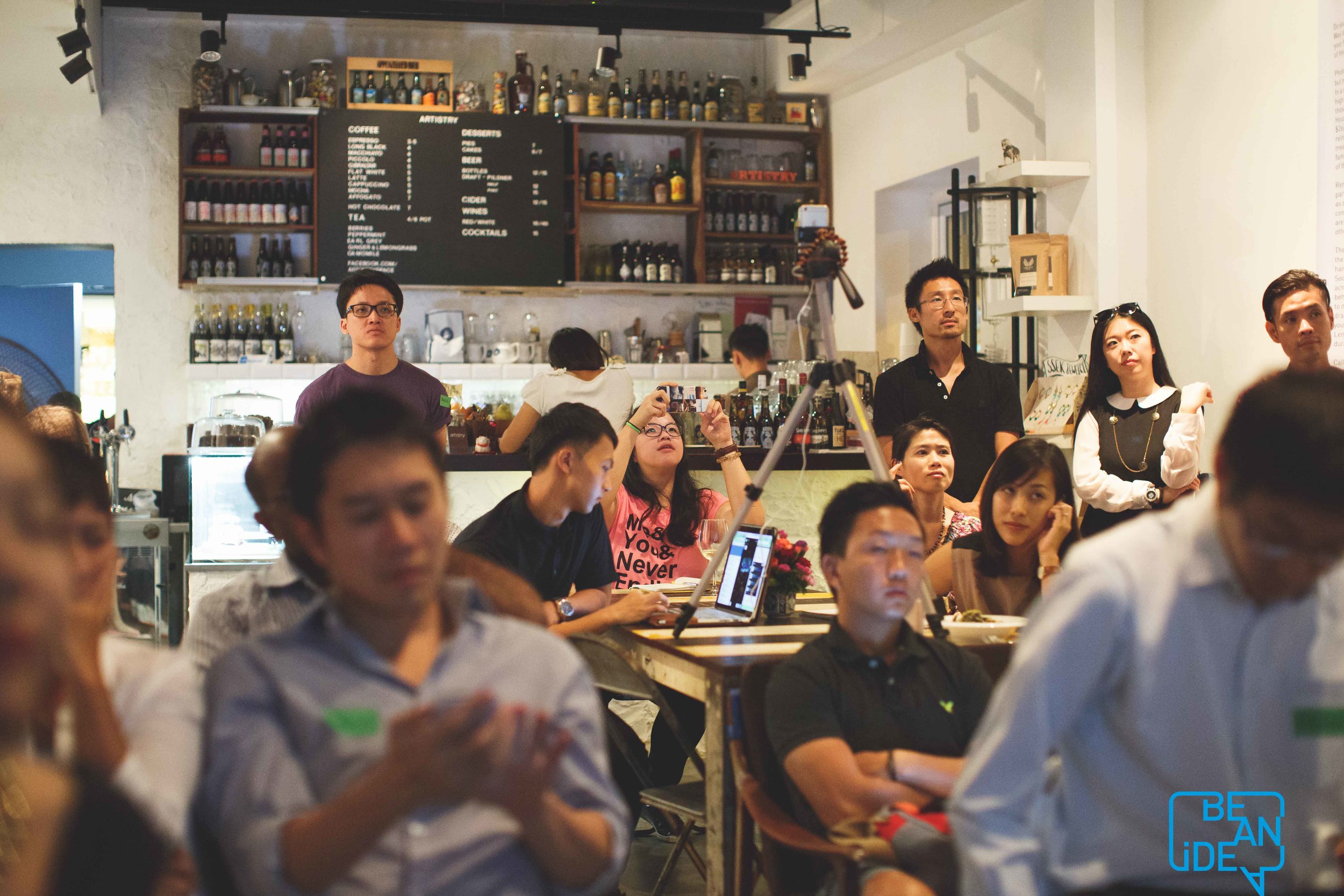
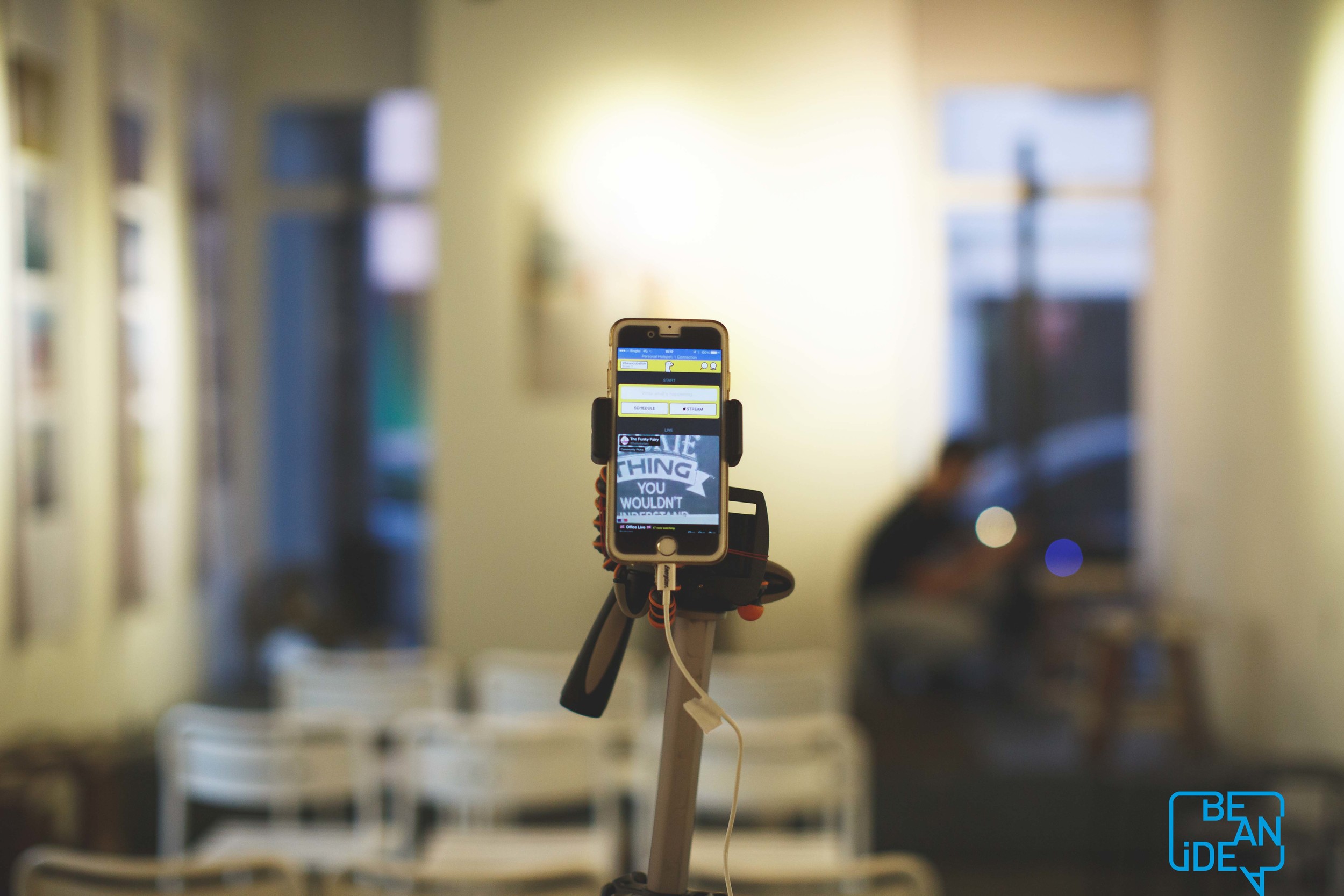
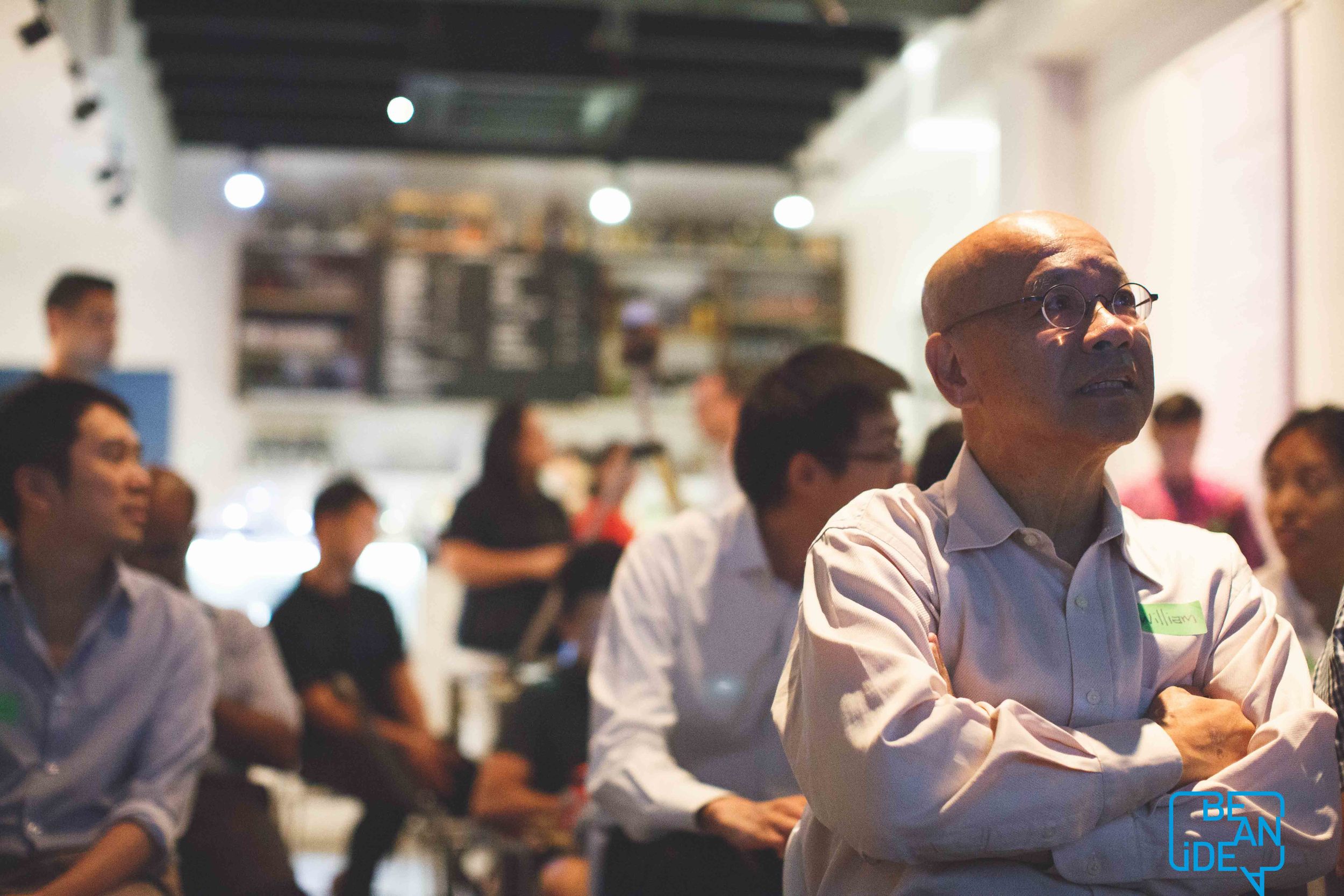
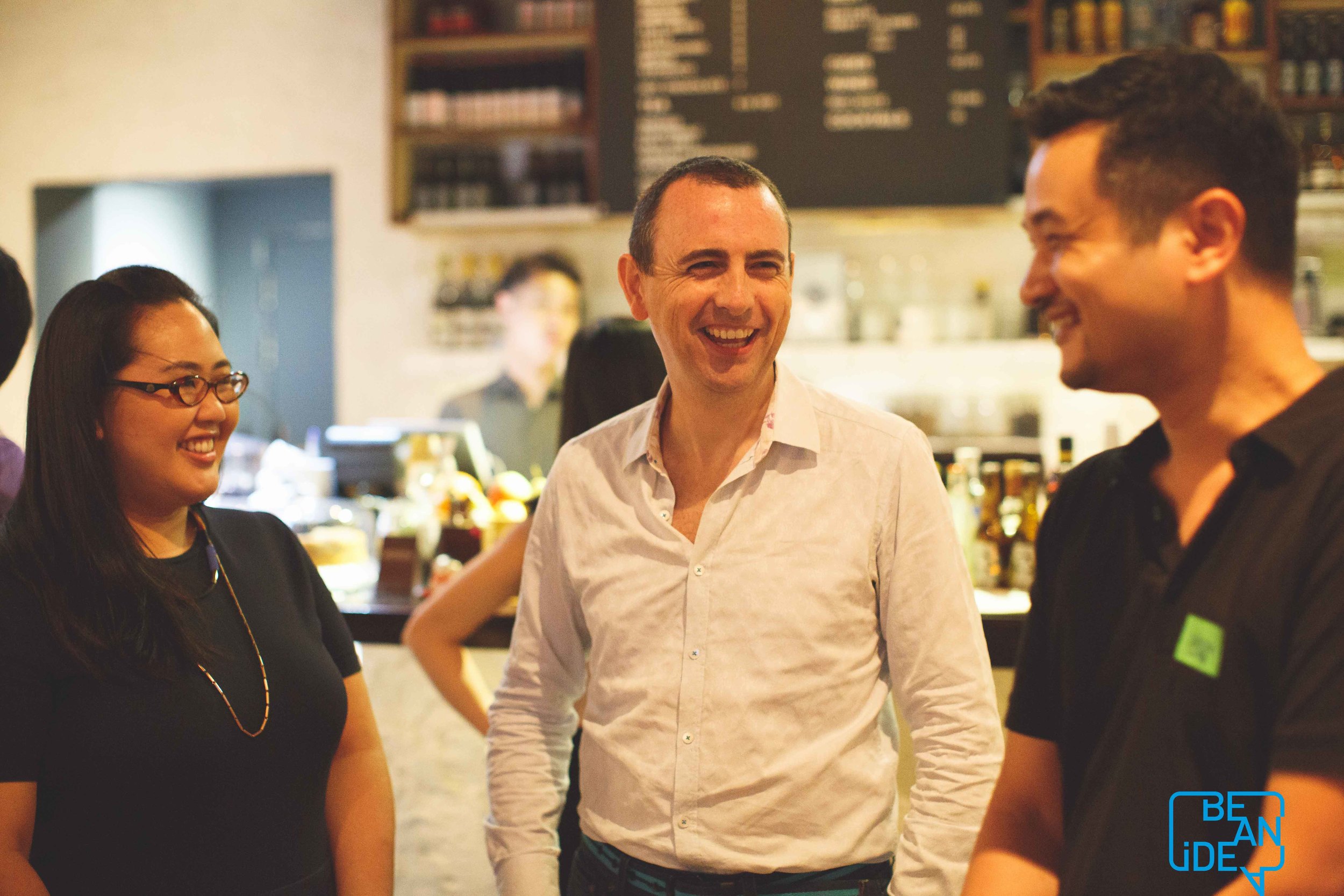
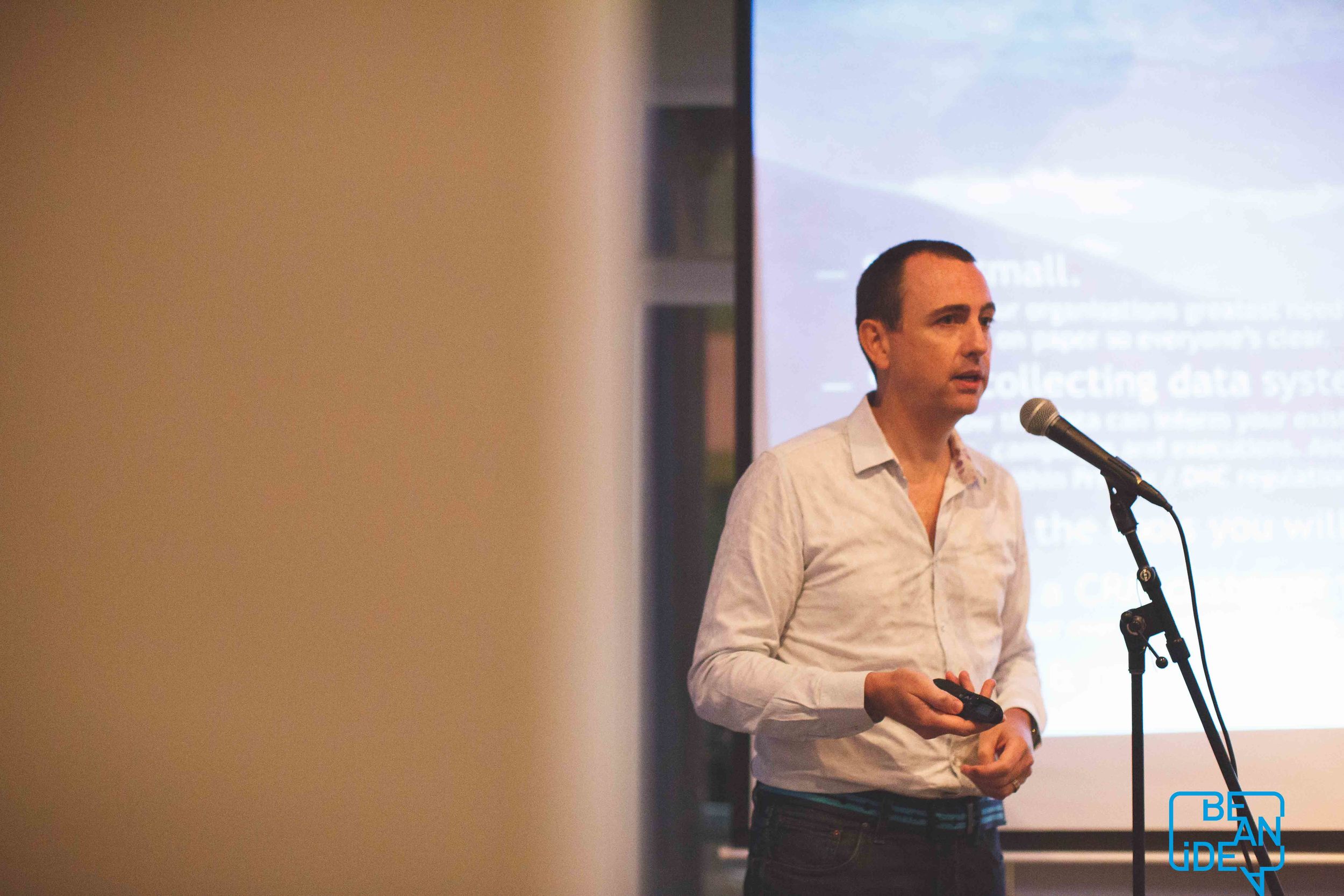
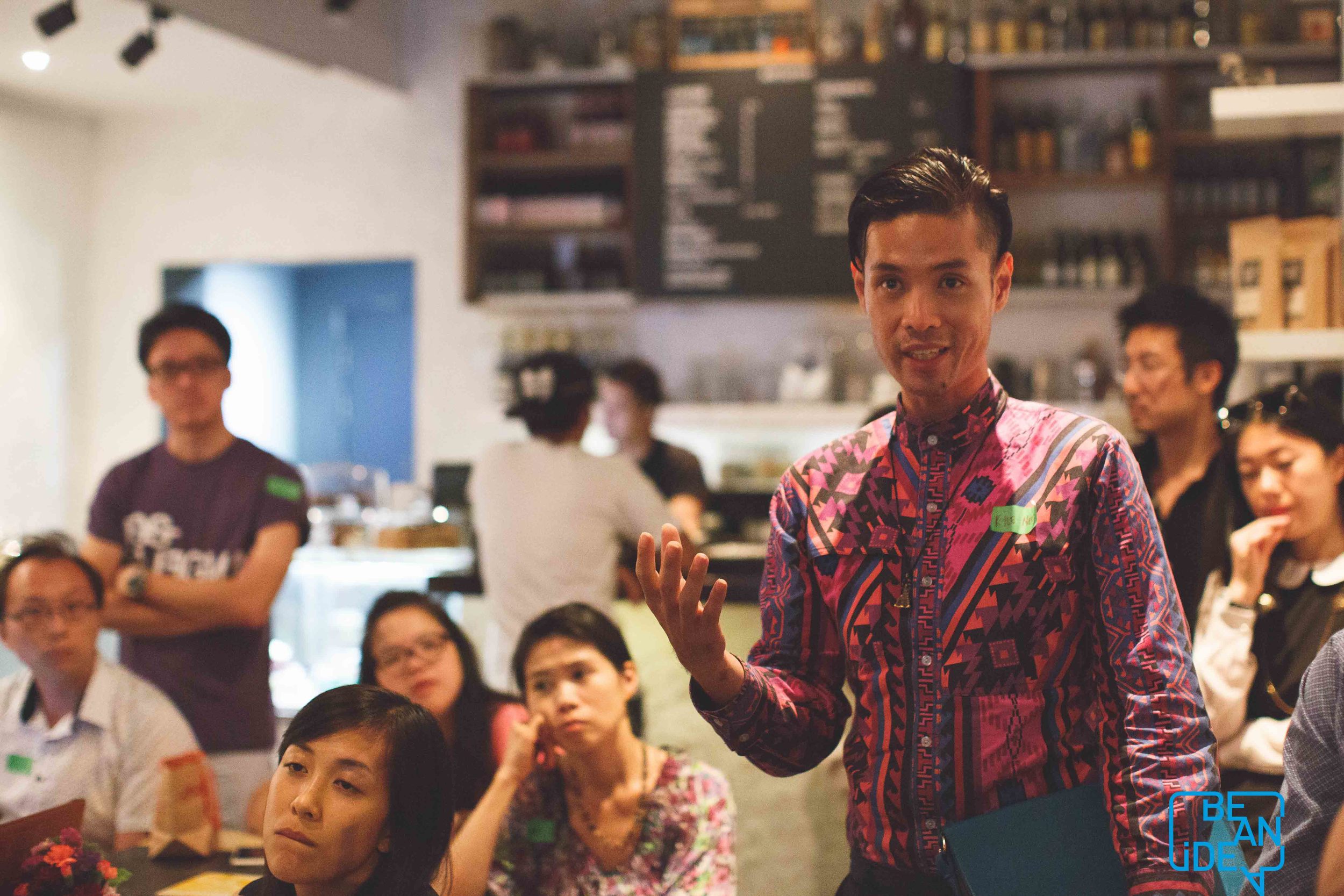
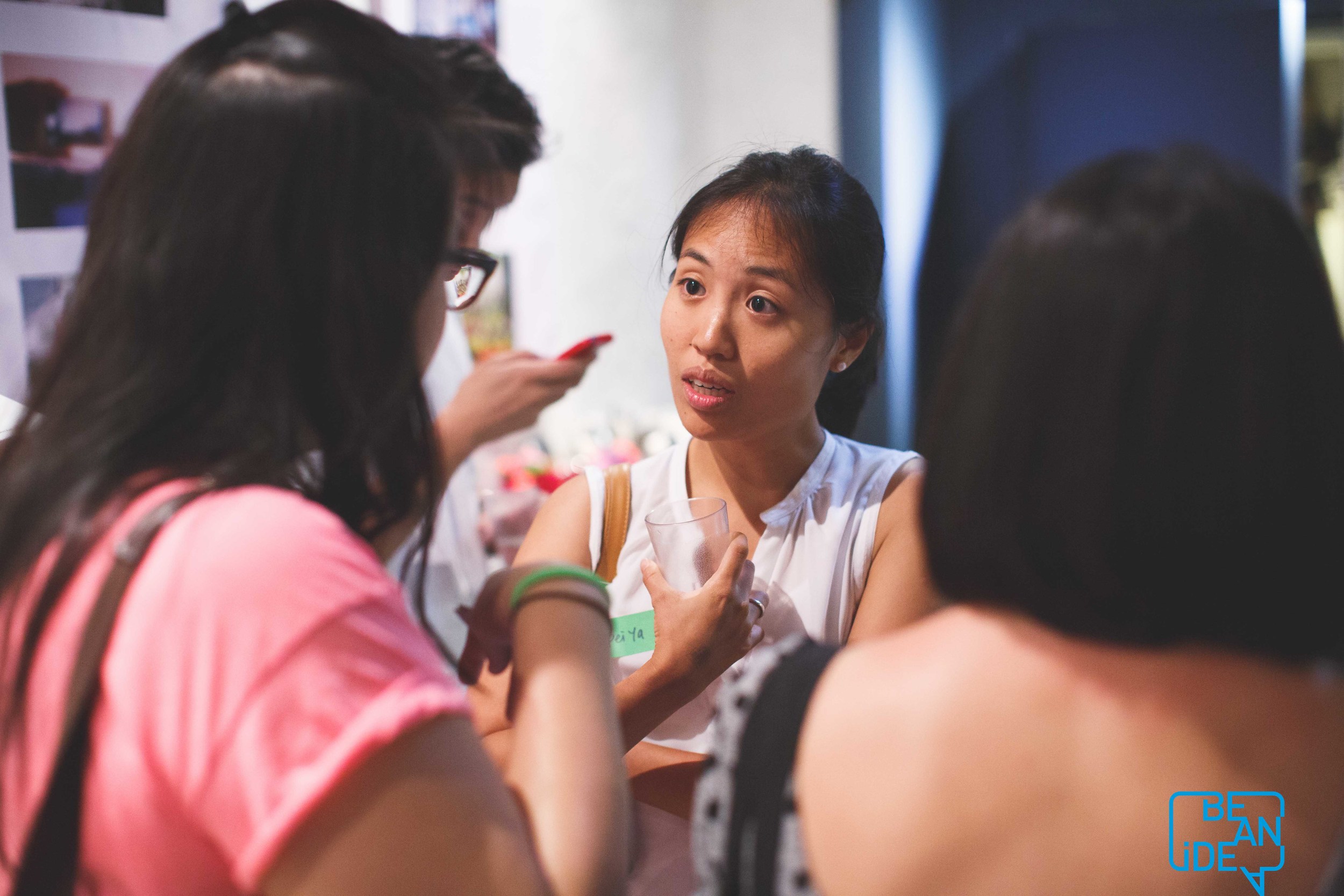
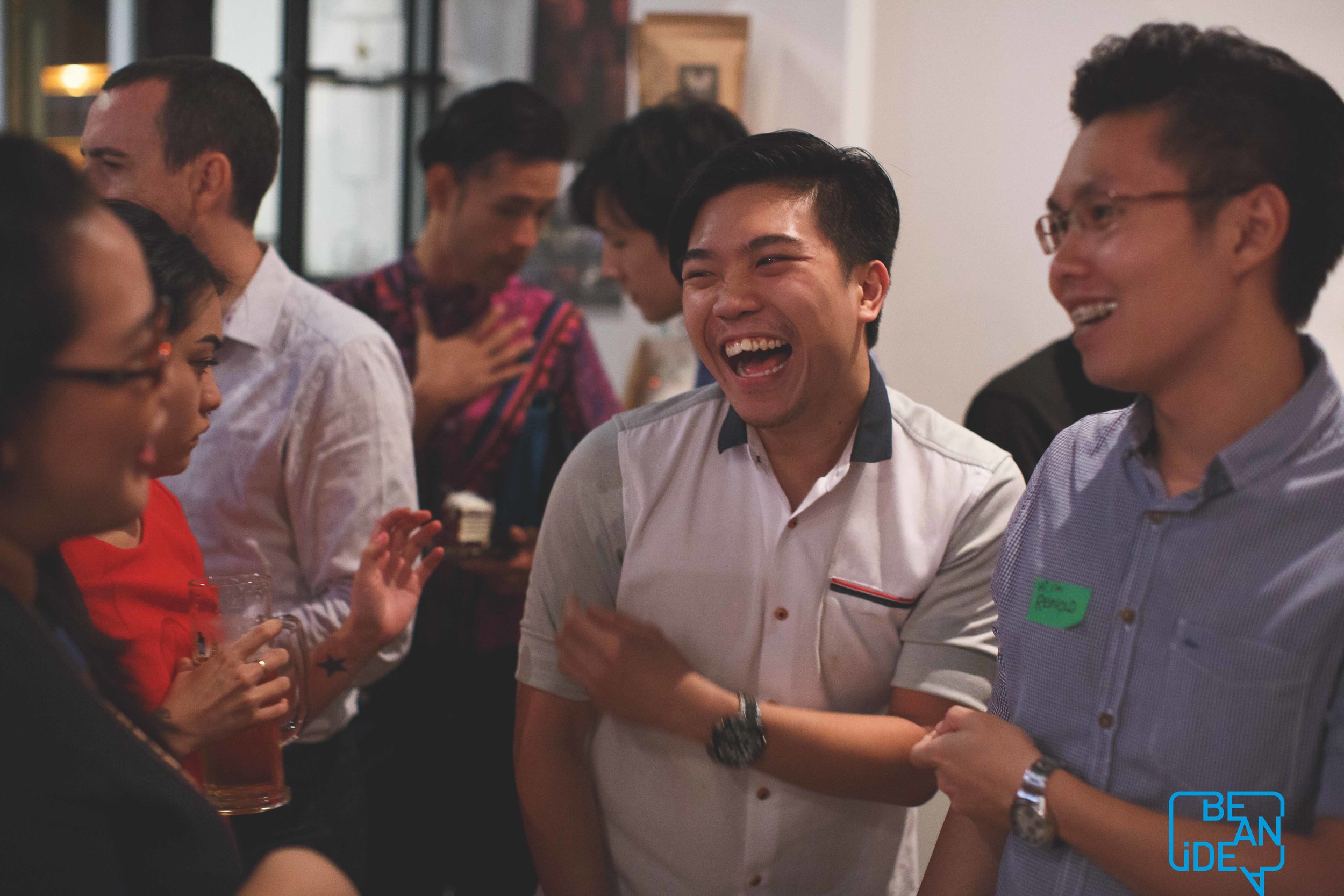
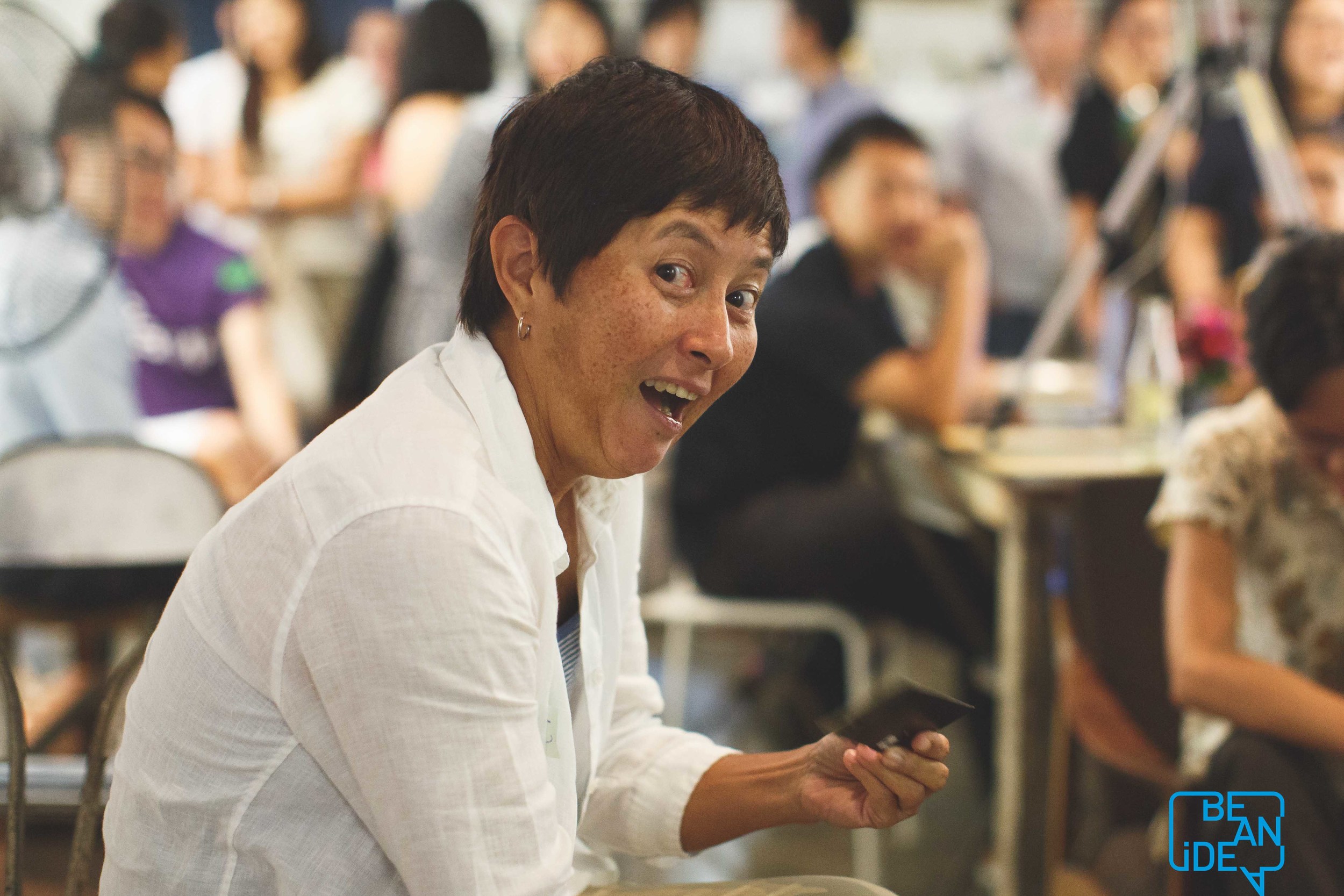
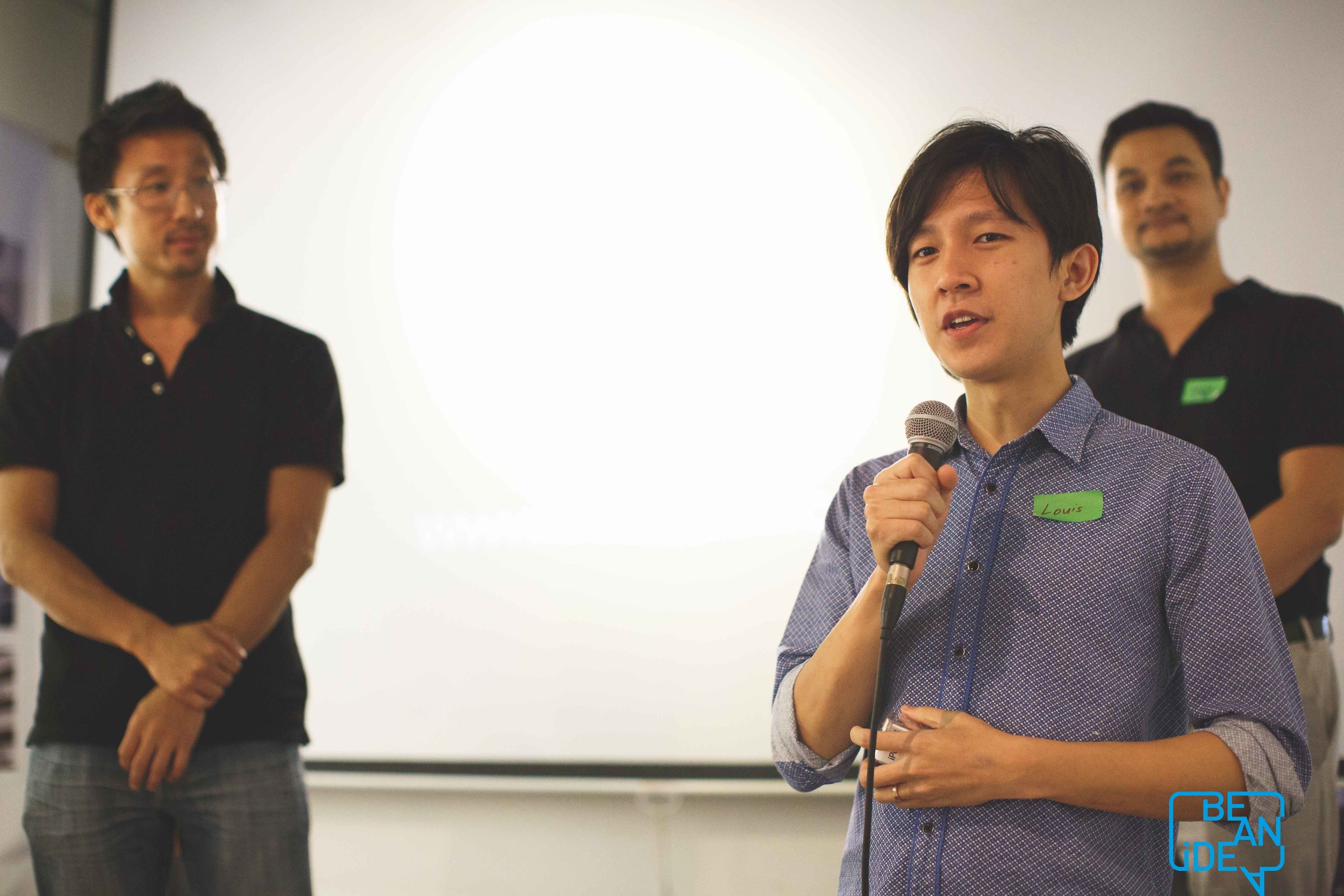
On July 22, Fuze Nights landed at Artistry Cafe for another social night serving Singapore’s philanthropy community, providing a welcome break from saving the world. The evening represents an opportunity to relax, connect and learn for the social impact sector. In all, over 30 professionals from social causes, non-profits and community organisations attended the event and 50 viewers joined the live stream of the event.
Steven Power provided this month’s learning talk on “How investing in relationship management helps you change the world.” Drawing upon 20 years of experience in the relationship marketing space, he provided insights on how non-profits can better foster relationships to make more of an impact with the work they do.
“Relationship marketing is really about helping an organisation systematically build its relationships with donors and stakeholders,” say Power, who is the Group GM for the Wunderman Group in Singapore.
“Relationship marketing is really about helping an organisation systematically build its relationships with donors and stakeholders.”
He notes that it is not so much about the tools that an organisation uses to manage its relationship marketing efforts, but more about having a systematic approach. This is important because data about a non-profit’s stakeholders will help influence and define the relationship framework that it uses to scale up its engagement with an audience. If this data is not captured, or even readily accessible, it hampers the ability to know what content or activity will work to take a relationship further.
“While digital technology has made a lot more tools available for relationship management, it’s more about the approach you use to capture data and how you use it,” Power adds. “It can still be an email and an excel sheet, so long as the data is easily accessible and useful.”
And Power should know. With two decades of experience in relationship marketing, he shared stories of the old days when organisations would send out printed direct mailings with variations in copy to test the efficacy of different messages. This ability to test, learn and adapt is a key component of successful relationship management.
“You shouldn’t be afraid to test out different messages to learn what works,” Power notes.
While it is important to define a framework for engagement, especially as data can come from any number of sources such as social media, transactional action and even offline interactions. This should be evolve as you learn more about your stakeholders though the data you start to collect about a donor, volunteer or potential partner. The ability to know what content works, for which audience and in which channel will help social impact organisations save money, by being more effective and identifying opportunities to deepen a relationship.
Bea Atienza, Wunderman’s Strategic Planning Director, joined Power for a Q&A session. Jolovan Wham, from the Humanitarian Organisation for Migrant Economics (HOME), asked how organisations with unpopular or controversial subjects approach building relationships. As an organisation that works for migrant worker rights, he is no stranger to the contentious issue of foreign labour in Singapore.
“Some people won’t change their minds about something, so you really want to nurture groups of people that you can influence.”
“I think the key thing is to reach out to the right audience to engage,” Atienza replies. “Some people won’t change their minds about something, so you really want to nurture groups of people that you can influence.”
Atienza, who has worked in multiple countries in Asia but calls the Philippines home, cites overseas Filipino domestic helpers as an example. She suggests the possibility of reaching out to the Filipino expatriate community for support. While the socio-demographics are different, there is a common mindset of being away from home that could work towards the organisation’s advantage.
While trying their best to provide a talk that was useful to everyone in the room, Power and Atienza cautioned that there is no “magic bullet” CRM system that would work for all organisations.
“Each organisation is going to have a different CRM system that works for them,” Power says. “While the goal is to be able to predict what works and what can be replicated consistently, those insights are hard won through a learning approach to using data.”
Participants at Fuze Night were also encouraged to connect with each other through a networking prize draw. Attendees were asked to submit the name of the social cause or idea they felt was most deserving of the prizes. Joanne Aeria, from HOME, and Candy Ko, founder of Greenapreneurs, both won a $20 Starbucks gift card. Louis Puah won the first prize of an Apple iPod Shuffle. He has aspirations to build a non-profit initiative that will help young people better plan out their career choices while at school.
The event was also the first Fuze Night to be live streamed via the Be An Idea website at www.beanidea.com/live. The stream was provided using Twitter and Meerkat technologies, and over 50 people viewed the talk.
Fuze Nights typically take place on the last Wednesday of each month. Look forward to more insightful talks and opportunities to connect every last Wednesday of each month at Artistry.
Join our LinkedIn Fuze Night group: Fuze Nights on LinkedIn
If you attended and want to give feedback on the event, please visit here: Fuze Night July Feedback
To find out more about Steven, Bea and Wunderman: Speaker Info
To find out more about our partners: Fuze Night Partners





